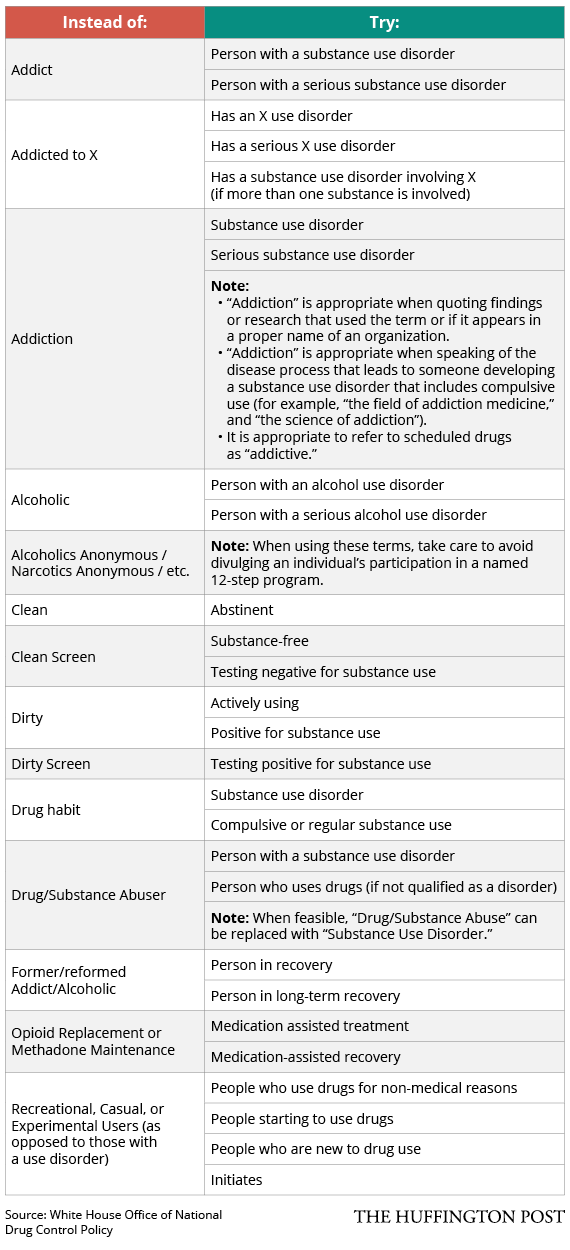 New York City Drug Addiction Statistics in 2016
New York City Drug Addiction Statistics in 2016
According to the most recent data from The National Survey on Drug Use, drug addiction and substance use disorder metrics in New York City are actually, slowly, improving. The national average of residents that reported using illicit substances in the past month is 8.82% and New York City only surpassed this statistic by 1% which puts the current number at 9.82%. Drug-induced deaths in New York City were roughly 9.2 per 100,000 people which is also lower than the national average of 12.8. While cocaine, heroin and marijuana remain the most commonly abused substances in New York City, deaths related to opioid-abuse increased to an alarming 65%. That said, the conversation about substance abuse disorders in NYC should be about much more than statistics. It is incredibly valuable to remember that substance abuse is a disorder that many people struggle with on a daily basis. Creating a safe space for those individuals to openly share about their experiences could very well create an environment that helps educate and inform others in a way that could help reduce the statistics themselves.
The Hardest Part of Getting and Staying Substance-Free
An open and anonymous forum on Recovery.org asks: “what is the hardest part of staying clean?” and the responses are both interesting and enlightening. The first response on the forum quotes the boredom that comes along with a “clean and sober life” while others discuss the loss of the “social aspect” they had to give up when they made the decision to stop using. A few others discuss back-and-forth the difficulty of kicking one substance abuse habit and struggling not to replace it with another. Scrolling through the forum submissions it’s very clear that open and judgement free dialogue is helpful to everyone who wants to be part of the discussion.
Help Open the Conversation and Reduce the Stigma
On that front, Huffington Post published a terrific article in September 2016 by National Reporter Matt Ferner that outlined changes that people should make to their language that can help others feel more comfortable about sharing their experiences, which is undeniably beneficial for everyone. One particularly powerful quote reads:
“Scientific evidence demonstrates that this disease is caused by a variety of genetic and environmental factors, not moral weakness on the part of the individual. Our language should reflect that”.
By adapting our language, the hope is that we can reduce stigma and demonstrate our understanding of substance use disorders as diseases, not moral failings, as well as to distinguish the term ‘drug addiction’ – which medically refers to a process that comes about when any tolerance-inducing medication is taken over a period of time. The term ‘substance use disorder’ refers to the maladaptive behavior and negative outcomes that accrue to patients who are addicted (legal problems, additional medical illnesses, struggles with family, struggles with employment, etc.). This distinction in definitions has important social ramifications.
So, how do we reflect our understanding of this distinction immediately? Huffington Post actually created a helpful chart that outlines commonly used terminology and parallels more acceptable synonyms that could be tried instead (Figure 1). The science shows that simply adjusting the way we speak can be helpful both in making others feel more comfortable and in subconsciously altering our own perceptions of how substance use is thought of in society. Language alone won’t heal substance use disorders but perhaps it can encourage a few more individuals to feel like they have enough support to reach out for help.
If you would like to discuss substance use disorder treatment options or to discuss any other mental health challenges, please call me at (917) 609-4990 or email me at Amanda.itzkoff@gmail.com for general questions.
Be Well,
Dr. Amanda Itzkoff
 My name is Amanda Itzkoff, MD. I am a New York City based Psychiatrist and Assistant Professor at Mount Sinai Medical Center.
My name is Amanda Itzkoff, MD. I am a New York City based Psychiatrist and Assistant Professor at Mount Sinai Medical Center.
For additional information, please feel free to email our office at Amanda.Itzkoff@gmail.com.
To schedule an appointment, call our offices at 917-609-4990.
Sources:
https://www.samhsa.gov/data/sites/default/files/NSDUH-FRR1-2014/NSDUH-FRR1-2014.pdf
http://www.huffingtonpost.com/2015/03/03/drug-addiction-language_n_6773246.html
https://theduneseasthampton.com/blog/new-york-city-drug-trends-manhattan/
http://www.recovery.org/forums/discussion/4991/what-is-the-hardest-part-of-staying-clean

